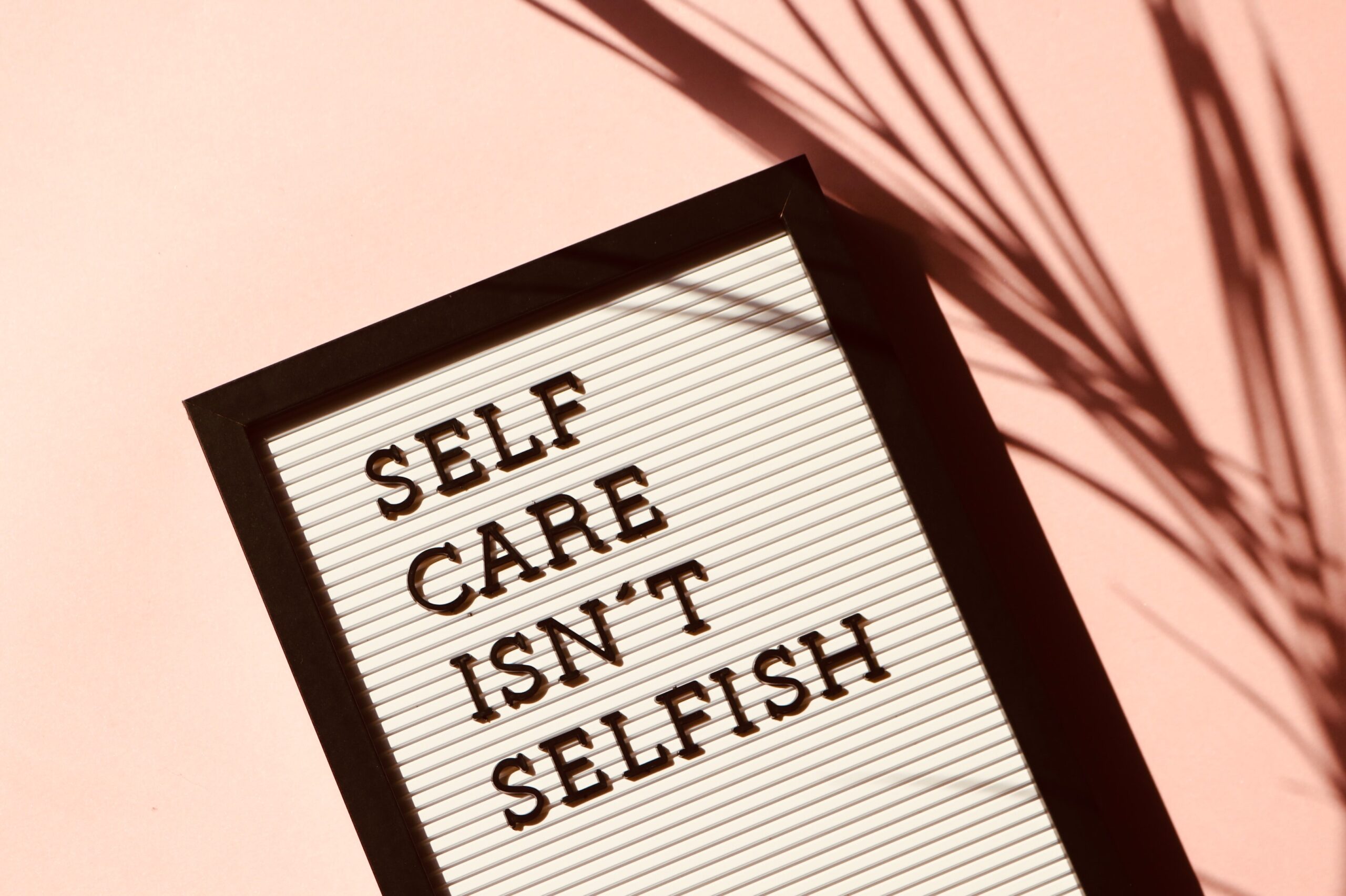What is mental health?
Mental health is all about how we think, feel, and behave. We all have periods when we feel down, stressed, or afraid. Most of the time those feelings pass, but sometimes they develop into a mental health problem such as anxiety or depression. Anxiety and depression are the most common mental health problems faced by modern day society. This can usually occur due to a difficult life event, for example grief, job loss, illness. However, it can also be caused by work-related issues. Nearly one in six people suffer from mental health issues.
Mental health problems are common, the majority are mild and are likely to be short-term. These types of problems are typically treated with medication by a GP and in time the symptoms begin to improve. For some people, mental health problems become complex and require support and treatment for life. It is important to remember mental health problems can happen to anybody, so you do not have to be alone, and there are always people to help.
Recognising you have mental health issues
Not every bad day is a sign of depression. There are a few signs to look out for in yourself and those around you to be able to recognise depression at an early stage. These signs can be as follows:
- Loss of interest and joy
- Decreased drive
- Low mood
- Sleep disorders
- Decreased appetite
- Negative outlooks
- Decreased self-esteem and self-confidence
- Decreased focus and attention
- Suicidal thoughts
If you are worried that you have any of these signs, contact your GP as your first point of contact.
For many of us, work is a key part of our lives. It is where we spend a great deal of our time and where we make our living and often make new friends which most times, turns into your work support system. Having a job that is rewarding can be good for your mental health and general wellbeing. It motivates you to work give your best and you therefore enjoy going to work.
Health and social care workers work for the health of the patient’s and often forget about taking care of themselves. Below are a few ways you can take care of yourself:
Tips for self-care
- Talk about your feelings– Find someone you feel comfortable around and who will be compassionate. If you are open about how you feel especially at work, or if you are a leader, it might encourage others to do the same.
- Respect your health– Take your health into your own hands whether that be booking a doctors’ appointment or getting regular visits to a therapist or engaging in physical activity.
- Take some time for yourself– Even if it is only a few minutes a day, it is a few minutes for you personally. This could be taking a relaxing bath or watching a movie, where this time can be used to clear your head and unwind.
- Do some physical exercise– You can take time to go for a walk. This me-time can be used to think or just to simply think of nothing. A nice walk minimises stress. Going to the gym can be a good way to get out any frustrations you may have.
- Appreciate the peace– Make a conscious effort to put away your phone and turn off all devices. Learn to enjoy the silence.
- Take some time to catch up of resting your body– Discover a way to calm your mind and body. Find what is right for you as well as what feels good during and after. Such as sleep or taking long relaxing baths or yoga and meditation.
- Build a routine for yourself– Having a routine allows structure in your life, helping you build time for yourself and allow you to get things done. Write small to-do lists with realistic goals that you can achieve within a small period of time allowing you to feel successful.
- Get some sleep – If you have trouble sleeping, seek some help. For example, speaking to your GP, consider turning off your devices and lay in silence or perhaps herbal remedies to name a few. Always aim to get a minimum of 7 hours of sleep every night. When you have a sufficient amount of sleep, you will be well-rested, in a better mood and more motivated for work. So, try routines and set goals to make your sleep better.
- Watch your food intake– Even when working shifts, try and eat regularly as you would as if you were not at work. This will ensure you get all the nutrition you need to keep your body fuelled and ready for the day. Also, make sure you are drinking plenty of water to keep your body hydrated.
- Take time off– Ensure you have enough rest in your break times and book leave from work. Make sure you’re doing this in blocks rather than just individual days. This should help to make you feel happier and give you time to rest and also spend time with your family and friends.
Conclusion
Overall suffering with mental health issues alone can cause you to go into a downward spiral. Let this be known that no-one should ever be alone. There are so many people out there to help. For example, family, friends, qualified counsellors, medical professionals etc, basically anyone who makes you feel comfortable. If you’re having trouble at work, talk to your boss or management team and there should be a solution to your problem. You’re not alone.



